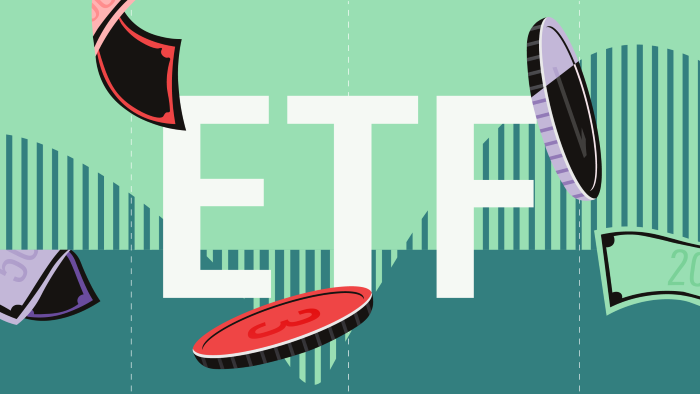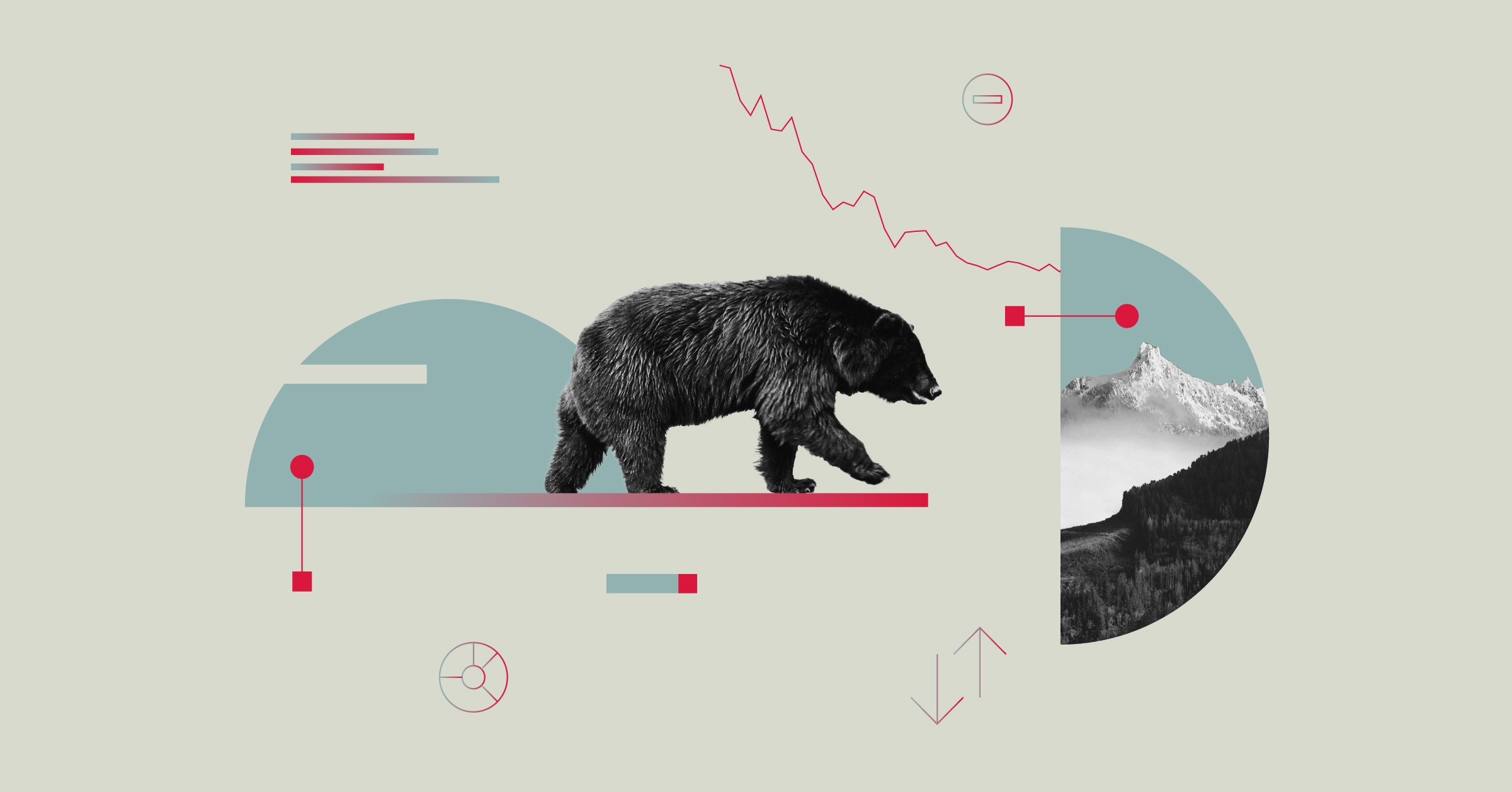
Note: This article was originally written for a U.S. audience.
Diversified, low-cost index funds are tough to beat. They are a living account of the market, perpetually changing with every trade. By owning the market, these funds collect all the bets made by active managers, then turn around and sell that portfolio back to investors at a low price.
On average, passive funds outperform active funds using this framework. But it doesn't work in every corner of the market. Passive funds intentionally avoid discretion. As Jack Bogle put it, "the two greatest enemies of the equity fund investor are expenses and emotions." But certain markets benefit from a dose of discretion and aren't suitable for systematically buying and selling securities. Here, I'll highlight active fund success rates and compare returns in several Morningstar Categories, then discuss the circumstances under which active managers hold the upper hand.
Success Rates of Active Funds
Morningstar's Active/Passive Barometer tracks success rates for active managers in several categories and over different time horizons. Successful active funds must survive and beat the average of their passive peers over a given period. Exhibit 1 shows active funds' success rates over the trailing 10 years through the end of 2021.

Categories Where Active Funds Skew-ered Passive Funds
Success rates illustrate how often active funds beat their average passive peer, but funds that succeed may not outperform by the same margin as those that underperform. The skew of the distribution of active funds' excess returns versus the average surviving passive fund adds more nuance. In some categories, active funds that successfully outperform their passive peers do so by a wide margin.
As a proxy for skew, I compared active and passive funds' average asset-weighted 10-year returns with the success rate of active funds by category. One of the categories with the most-skewed 10-year annualized excess returns was diversified emerging markets. In this category, 54.4% of active funds beat their average passive peer, yet the equal-weighted average return for active funds in this category beat passive peers by 1.7 percentage points annualized. Similarly, half of active funds beat their average passive peer in global real estate, yet the 10-year equal-weighted return of active funds was 1.3 percentage points higher than passive funds.
Both the diversified emerging-markets and global real estate categories fit the bill for seeking an active manager, but for different reasons. "Emerging markets" is a label pinned to a vast number of countries across the world. Accurately pricing emerging-markets securities is a formidable task given the difficulty in gathering company information, myriad local regulations and accounting practices, and the embedded risk of several different currencies. Passive funds have a hard time fully representing the category's stocks without dipping into illiquid markets or adding geopolitical risk.
Global real estate funds share many of the same risks as emerging-markets funds, but it's even more of a niche, illiquid market. There are also major differences in the structure of real estate securities globally: The U.S., United Kingdom, and Australia favor REITs, while China and Hong Kong favor real estate development companies, for example.
Intercategory trends spotlight key considerations for whether to choose active or passive funds. For example, navigating illiquid foreign markets is a tough task for an inflexible index. The most critical market features to consider before deciding between a passive or active fund are liquidity, representativeness, efficient pricing, and cost.
Indexes Prefer Liquid Markets
Liquidity, or the ability to easily trade securities, is a defining feature of markets where passive investing rules the roost. The flip side is that passive funds' mechanical rules become cumbersome in illiquid markets, potentially leading to a breakdown in their process and high transaction costs. Active managers can benefit from discretion in illiquid markets by searching for good prices and walking away when the costs outweigh the benefits. Passive funds don't have that same flexibility.
Passive investors benefit from competitive, liquid markets with tight bid-ask spreads. This leads to efficient trading and low transaction costs. Portfolio rebalances can be swept in with the rest of the market activity, making it hard for other participants to anticipate and benefit off rebalancing trades. Likewise, the cost of mechanically buying and selling into wide spreads adds up quickly. The bigger the fund, the more magnified the market impact of its trades, especially in illiquid markets.
Indexes' Ability to Represent the Market
Index providers can avoid collecting high transaction costs by adding index rules to focus on more-liquid securities. When index funds employ restrictive liquidity screens (for example, an index that requires high-yield bonds have over $300 million par outstanding to be eligible for inclusion), they lose their ability to fully represent the market where the fund is deployed. Excluding certain securities means the portfolio no longer owns the market, and the fund must balance costs and remaining representative of the underlying market.
The goal of an index fund to construct a low-cost portfolio of active bets breaks down when trades occur outside of the index fund's opportunity set with frequency. In these scenarios, active funds can take advantage of passive funds' more-narrow opportunity set by hunting for alpha in the slices of the market excluded by passive funds.
Accurate Pricing
The U.S. large-cap market is a prime example of efficient pricing, whereby information on companies is readily available and quickly embedded in their prices. This leaves little room for active managers to identify mispriced stocks, making it difficult to earn back their higher fee. Active managers are better suited in markets where information is less accessible and mispricing is abundant, like in small-cap stocks or emerging markets. However, it is difficult for active managers to consistently identify and take the right side of mispriced stocks, so manager selection is crucial.
Costs Are Critical
Comparing the costs of the average active fund against index funds charging next to nothing oversimplifies the math of active versus passive. Exhibit 1 takes a closer look at how fees affect success rates. Comparing the 10-year success rates of all active funds versus the cheapest quintile of active funds shows that choosing a low-cost active fund clearly boosts investors' success rates. Investors in active funds in the cheapest quintile of fund fees have a 10-percentage-point higher chance of beating passive peers, per the average success rate across each category equally. Cheap active funds were particularly effective in the foreign small-mid blend, Europe stock, and fixed-income categories.
Final Verdict
The Morningstar Active/Passive Barometer clearly flagged categories in which investors may want to consider using an active manager over passive funds. But what worked over the past 10 years is no promise for tomorrow. Markets evolve, and technology continues to change the game. For example, liquidity and transparency in fixed-income markets have never been better. This could help passive funds take back the lead in categories where active managers have been successful, such as high-yield bonds.
Going back to Bogle's quote, emotion can sway investor success all by itself. After selecting an active manager in a particular category, that fund may go in and out of style. Investors have a knack for chasing returns and buying high when a manager gets hot, then selling low when the strategy sours. Passive funds improve investor behavior, especially if they can set it and forget it. That said, it's up to each investor to decide whether passive or active funds are best for them in any market.




















